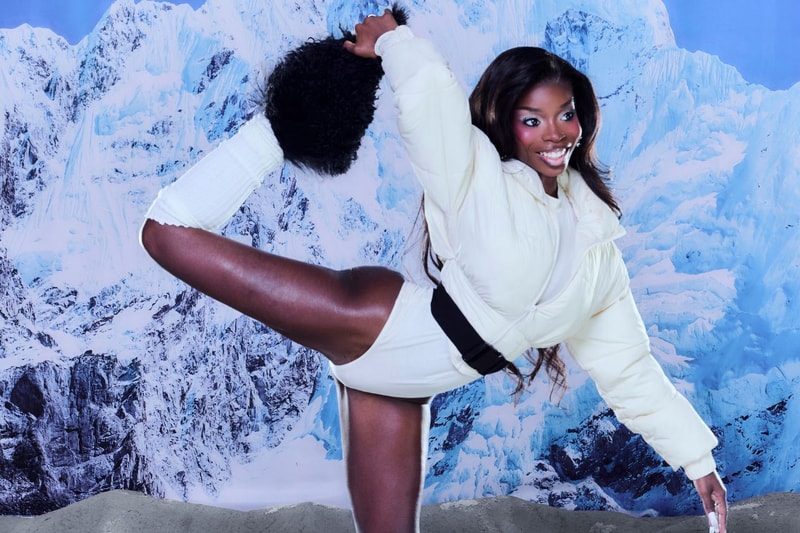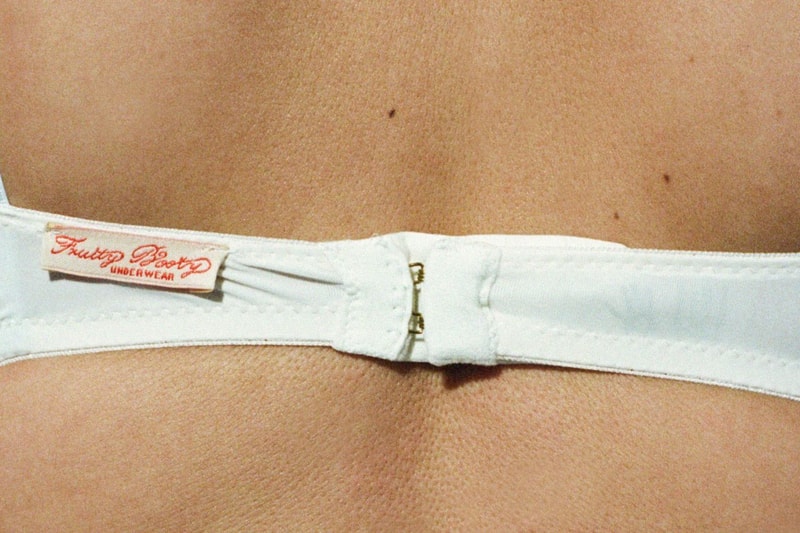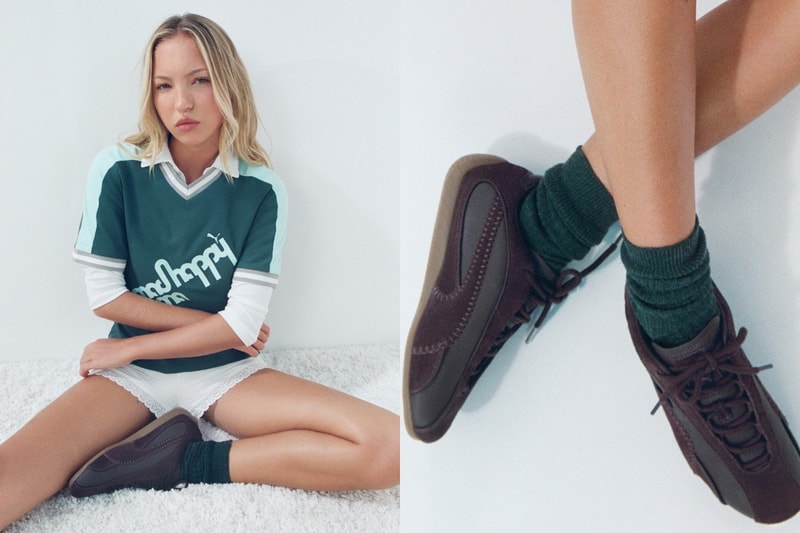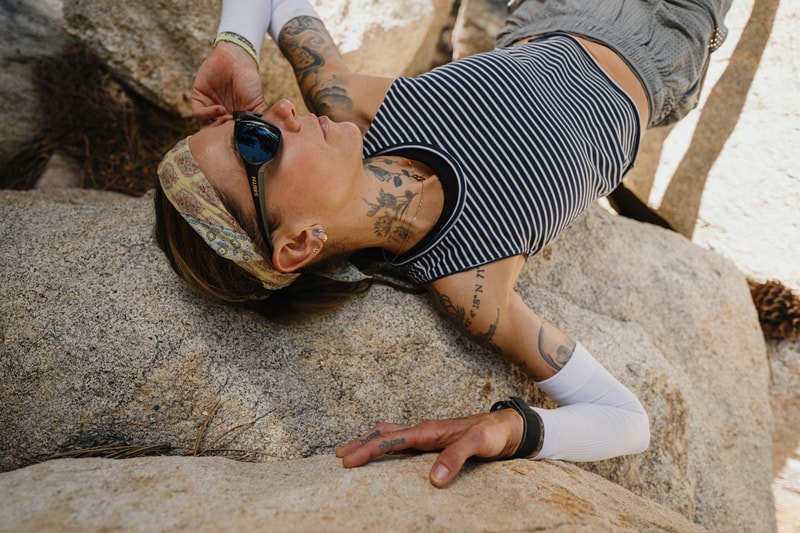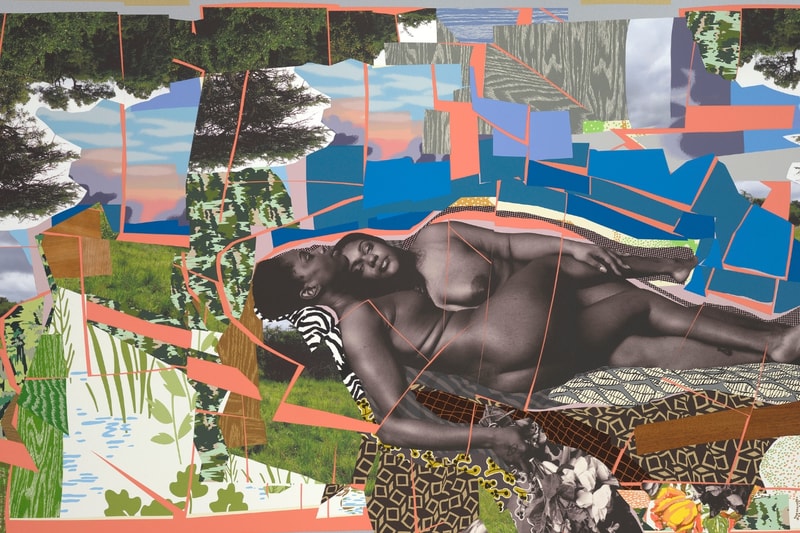Got Milk? Skincare's Latest Fad Is Probably in Your Fridge
info@hypebae.com (HYPEBAE) Tue, 23 Feb 2021 HYPEBAE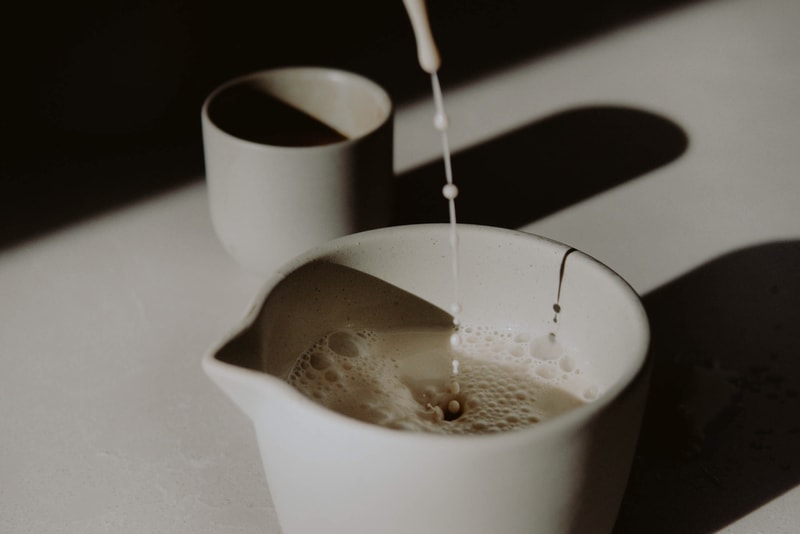
Milk: it's not just for drinking anymore. Though the nutritious beverage is most widely associated with building strong bones and mixing with coffee, the kitchen staple also works wonders when applied topically to the skin. Rubbing milk into your face and body might seem like a bizarre idea, but it's actually a practice that dates back to ancient Egypt. Cleopatra, the ruler who pioneered various beauty practices including smokey eyeliner and perfume-making, used to bathe in donkey milk. In fact, Roman author Pliny the Elder went on to write in his book Natural History that donkey milk "effaces wrinkles in the face, renders the skin more delicate, and preserves its whiteness."
As it turns out, Cleopatra and Pliny were onto something. Beauty brands including Korres and Kate Somerville incorporate goat and donkey milk into their moisturizers and cleansers, and Pennsylvania-based Dionis Goat Milk Skincare uses the dairy as a base for its range of creams, soaps and bath bombs. HYPEBAE spoke to doctors about the surprising benefits of milk that will have you rethinking the humble ingredient. Keep reading for what we learned.
Milk is a two-in-one moisturizer and exfoliator
According to Dr. Purvisha Patel, board-certified dermatologist and founder of Visha Skincare, milk naturally contains several of skincare's most prized ingredients: vitamin A, vitamin D and lactic acid. Vitamin A helps stimulate collagen production, making it a commonly used addition to wrinkle-reducing products (in fact, retinol, a powerful anti-aging ingredient, is a derivative of vitamin A). Vitamin D, an antioxidant, helps calm redness and neutralize the effects of pollution on the skin. Lastly, lactic acid is a chemical exfoliant that helps the body shed dead skin cells, thereby evening skin tone, smoothing rough skin and reducing the appearance of dark spots. The cherry on top? "The fat in milk helps moisturize and soothe inflamed skin," Dr. Patel adds.
Cow, goat, donkey milk -- they all work
Dr. Patel notes that commonly used milks including cow, goat and donkey milk all contain vitamin A and D, as well as lactic acid. They also boast fatty acids that help repair the skin barrier -- this means milk-based skincare is an excellent choice for those with dry skin and conditions such as eczema. "When the skin barrier is open and inflamed, there is an immune response resulting in eczema. All of the milks help soothe and coat the skin to repair the barrier," Dr. Patel explains, adding that milk also contains probiotics, another science-backed skincare trend. If there's one type to opt for, though, it seems the jury is split. Dr. Patel notes that donkey milk contains more vitamin C than its counterparts, resulting in "more antioxidant and free radical fighting properties." Karen Minsky, director of Dionis Goat Milk Skincare, further mentions that human skin shares the same pH as goats, making their milk an ideal choice.
What if I'm lactose intolerant?
Even if you're lactose intolerant, dairy-based milks are likely safe to use on your skin. "Goat and donkey milk-based products do indeed have lactose, but less than cow’s milk. Since the milk in skincare is not ingested, there is usually not an issue," Dr. Patel says. However, she heeds that using dairy-based skincare on eczematous skin (skin experiencing an active eczema flare-up) can actually cause a goat milk allergy. "If using goat's milk or any milk products makes your skin more inflamed and irritated, stop, and be leery of eating goat's milk products," she cautions, recommending that anyone unsure of their allergies speak to a doctor. Rekha Tailor, founder of Surrey-based clinic Health & Aesthetics, suggests testing newly purchased products on a small patch of skin to rule out a serious reaction.
Plant-based milks are good for the skin, too
If you're lactose intolerant or vegan (or both), don't fret — dairy-free milk alternatives can be just as beneficial for the skin. Dr. Patel and Tailor both agree that soy milk aids in collagen production and is rich with vitamin E, another ingredient that helps strengthen the skin barrier, while almond milk contains vitamins B, C and E, as well as magnesium, which can help reduce acne. Another non-dairy alternative, coconut milk has antibacterial properties and can help soothe blemish-prone skin and rosacea.
The bottom line? Pulling a full-on Cleopatra and bathing in milk probably isn't practical, but if you have dry, sensitive skin, it might be worth incorporating the ingredient into your routine. Beekman 1802's Triple Milk Retinol Bar, a foaming cleanser, contains goat milk and coconut milk, while Kate Somerville's dairy-based cleanser is formulated with goat milk and honey. Korres' Donkey Milk Moisturizer is a rich formula ideal for applying at night. Dionis Goat Milk Skincare, your new one-stop shop for milky products, sells a range of goat-aided offerings including hydrating lip balm, bath bombs and hand cream.
